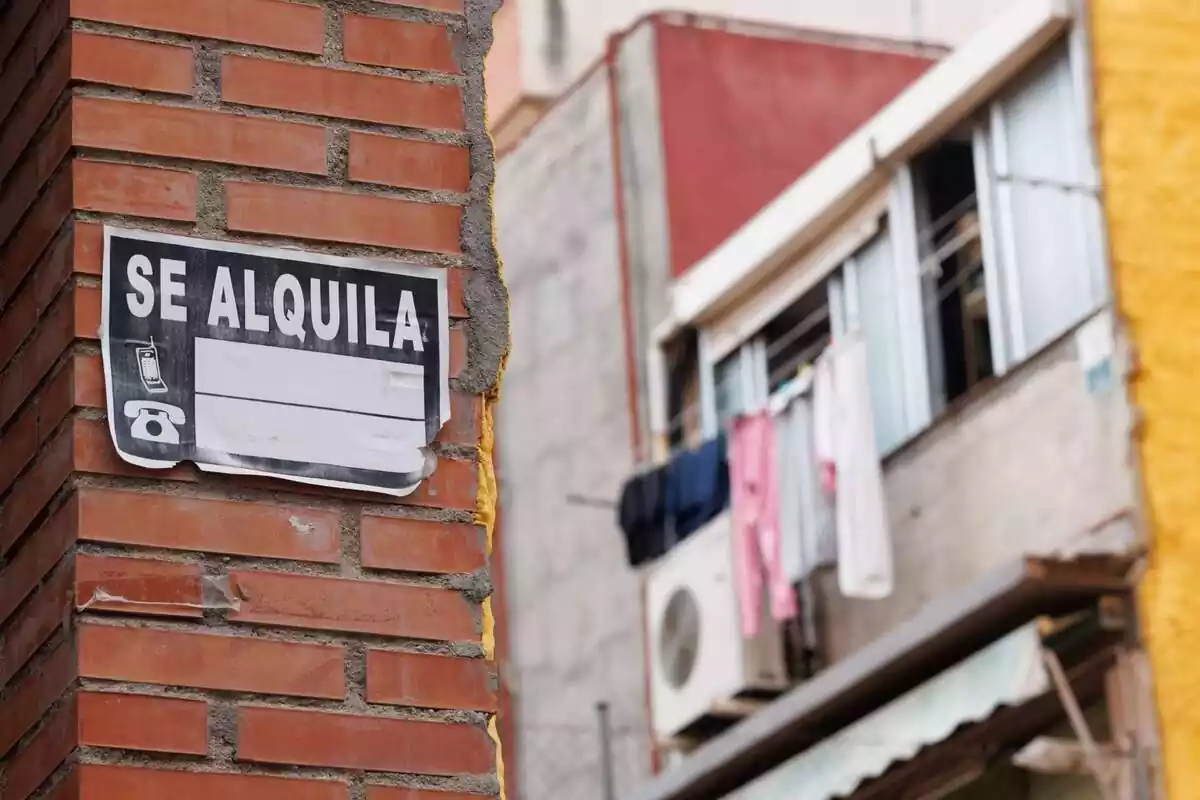
The housing crisis benefits the Generalitat: they collect 9.4% more in taxes
The evidence is confirmed: most of the Govern's fiscal plan depended on the real estate market
The housing problem in Catalonia, far from being just a social emergency, has revealed itself as a fiscal opportunity for the Generalitat. In the first five months of 2025, the Govern has increased its revenue by 9.4% from the Property Transfer Tax (ITP) and the Stamp Duty (AJD).
This situation, already reported by E-Notícies, is neither accidental nor circumstantial. It is part of what the Govern itself has defined as a "real estate legislature," in which homeowners and the tourism sector bear the weight of new tax increases. Meanwhile, the Generalitat takes advantage of the increase in both the value and volume of real estate transactions to fill its coffers.
The result is that, in the midst of a housing emergency, the Generalitat has turned the buying and selling of real estate into one of its most lucrative sources of income. Catalonia, along with Madrid, accounts for more than 40% of the national revenue from ITP and AJD. As striking as it may seem, the Generalitat has become, through the back door, another speculative agent in the market.

Govern bets on more revenue... without cutting expenses
From the beginning, the Govern's strategy under PSC was based on increasing revenue without reducing expenses. Under slogans such as "fair taxation" and "shared prosperity," some modest reductions in the personal income tax (IRPF) have been approved for incomes below €33,000. In addition, deductions for rent have been applied that benefit certain profiles.
The most relevant aspect of the new tax plan is the creation of higher brackets in the ITP. Thus, there is a 12% rate for homes between €900,000 and €1.5 million, and a 13% rate for those above. A new 20% tax has also been created for large holders who acquire entire buildings. At the same time, the tourist tax has been doubled and municipalities have been allowed to set additional surcharges.
A quarter of that revenue will be allocated, according to the Govern, to housing policies. The message is clear: Catalonia is funding its new post-procesisme era through real estate taxation. This is the latest political device to avoid addressing the root of the problem: the excess demand resulting from immigration.
Between tax pressure and supply shortage: perfect storm
The problem is that, while these tax increases are being applied, the Catalan real estate market is under severe strain. According to the Rental Observatory, the supply of rental apartments has dropped by 58% (from 2019). In 2025 alone, about 14,000 homes are expected to disappear from the market.
Barcelona leads this collapse, with a pressure of 341 applicants for each rental apartment during the first days of listing. Meanwhile, the average rent has already reached €1,649 per month, the highest figure in Spain. In the home sales market, housing prices are rising at the fastest pace since 2007.

In this context, the increase in ITP not only represents a barrier to entry for young people, but also contributes to worsening inaccessibility. These policies may lead to a perfect storm: less supply due to interventionism and more demand due to small tax incentives.
More taxes, more revenue... more solutions?
The paradox is clear: the more severe the housing crisis, the greater the fiscal profitability for the Generalitat. According to data from the Ministry of Finance, ITP and AJD already account for 9.5% of the Govern's total current revenue, a proportion that keeps growing year after year. Everything indicates that this trend will continue unless the price escalation is reversed or the supply is expanded.
For the Govern, this is the legislature of grand plans. The economic plan promoted by Salvador Illa includes €18.5 billion in investment, and the housing plan another €4.4 billion. While those projects are being developed—if they ever materialize—what is already underway is the strategy of funding themselves through the pockets of those who buy or rent homes.
We are witnessing a kind of fiscal perpetual motion machine. The Generalitat, in order not to miss out on the market boom, captures capital in the form of taxes. Then, it uses that capital to fund public housing policies that only increase demand. This way, the Generalitat becomes a 'de facto' speculator for the simple reason that it can't solve the problem. That is, control demand.
More posts: